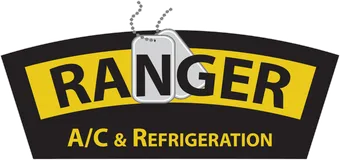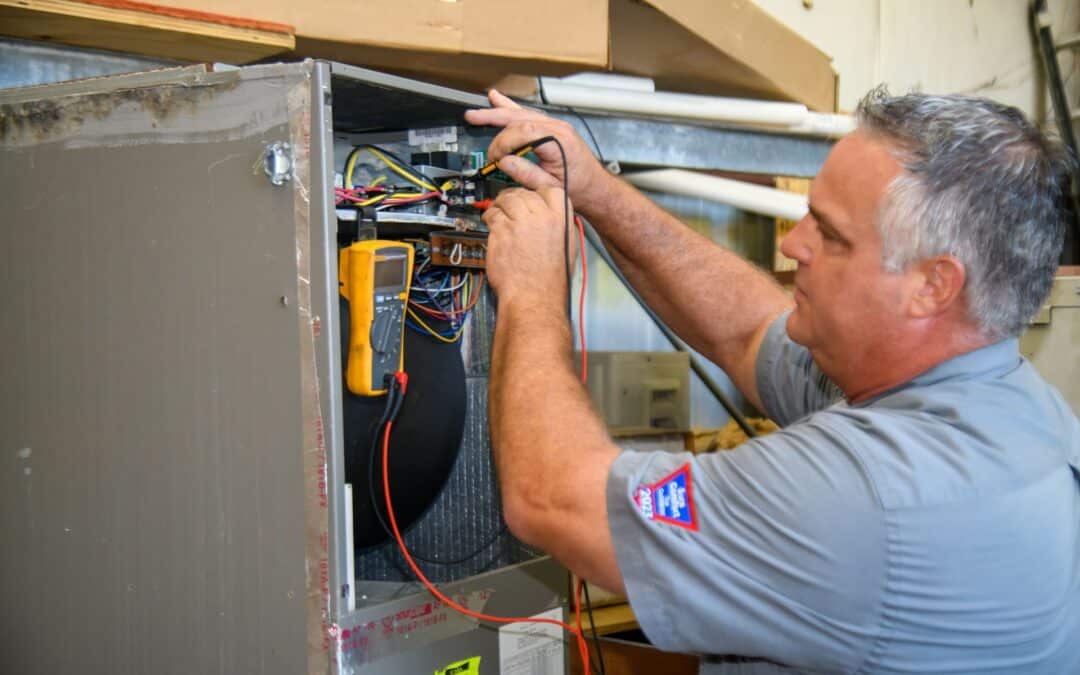Your heating, ventilation, and air conditioning (HVAC) system plays a critical role in creating a comfortable space, whether at home or in your business. Yet, many owners overlook important aspects of HVAC care, leading to inefficiencies, costly repairs, or even system breakdowns.
Here are some common HVAC mistakes and expert tips to help ensure that your system runs smoothly year-round.
1. Neglecting Regular Maintenance
One of the most frequent mistakes is skipping routine maintenance. HVAC systems require periodic inspections to catch issues before they snowball into major problems. Dirt accumulation, worn-out parts, or declining efficiency often go unnoticed without proper upkeep.
Why It Matters
- Regular servicing improves energy efficiency.
- It extends the lifespan of your system.
- Preventive maintenance helps avoid expensive, unexpected repairs.
Expert Tip:
Schedule annual or biannual professional inspections. For heating systems, aim for fall maintenance, while cooling systems benefit from spring tune-ups. Don’t forget simple monthly tasks like cleaning or replacing air filters.
2. Attempting DIY Repairs
While tackling home improvement projects can be empowering, HVAC repairs should be left to professionals. These systems are complex, with electrical components, refrigerants, and intricate wiring that require specialized knowledge.
Risks of DIY Repairs:
- Accidental damage can lead to a complete breakdown.
- Improper repairs may void warranties.
- Risks of injury or exposure to dangerous chemicals.
Expert Tip:
If you suspect an issue, call a licensed HVAC technician instead of attempting to fix it yourself. Even if the repair seems minor, take advantage of skilled professionals with the tools and training to get the job done correctly.
3. Overlooking Air Filter Replacements
Air filters prevent dust, dirt, and allergens from circulating in your home or business. However, many owners forget to replace them regularly, forcing the HVAC system to work harder than necessary. Eventually, this results in reduced efficiency and higher energy bills.
Signs Your Air Filter Needs Replacement:
- Dust buildup around vents or registers.
- Reduced airflow from the system.
- Unexplained spikes in energy usage.
Expert Tip:
Replace air filters every 1-3 months, depending on usage. If you have pets or live in an area with high pollen, consider monthly replacement to maintain optimal air quality.
4. Improper Installation
An improperly installed HVAC system can lead to chronic performance problems, inefficiencies, and even safety hazards. This mistake commonly occurs when owners try to cut costs by hiring inexperienced contractors or skipping professional installation altogether.
Consequences of Poor Installation:
- Uneven heating or cooling throughout the space.
- Higher energy consumption due to system strain.
- Increased likelihood of mechanical failures.
Expert Tip:
Always hire reputable HVAC professionals for installation projects. Check credentials, reviews, and references to ensure the contractor is knowledgeable and trustworthy.
5. Ignoring Thermostat Issues
Thermostats are the brain of your HVAC system, yet they’re often overlooked. Incorrect settings, outdated models, or a faulty thermostat can significantly compromise energy efficiency and temperature control.
Common Thermostat Mistakes:
- Leaving the thermostat at one setting all day, even when the space is unoccupied.
- Using a manual thermostat instead of a programmable or smart model.
- Placing the thermostat in a poor location, like near heat sources or direct sunlight.
Expert Tip:
Switch to a smart thermostat to automate temperature adjustments. With programmable settings, you can save money by reducing energy usage during off-hours or when no one is home.
6. Using an Oversized or Undersized System
Choosing an HVAC system that is too large or too small for your space is a recipe for inefficiency. An oversized system cycles on and off frequently, leading to wear and tear, while an undersized system struggles to maintain comfortable temperatures.
How to Avoid This Mistake:
- Oversized systems lead to uneven heating and cooling.
- Undersized systems cause strain and constant operation, hiking up energy bills.
Expert Tip:
Before purchasing a new system, consult an HVAC professional for a load calculation to determine the right size based on your property’s specific needs.
7. Poor Ventilation or Blocked Vents
Neglecting airflow and ventilation is another common problem. Blocking vents with furniture or failing to consider adequate ventilation may lead to inefficiencies and even trapped pollutants.
Expert Tip:
Keep vents clear and unobstructed to ensure efficient airflow. In commercial settings, verify that ventilation systems are up to code and optimized for your building’s design.
Quick Recap: Common HVAC Mistakes to Avoid
- Neglecting regular system maintenance.
- Attempting DIY repairs.
- Forgetting to replace air filters.
- Hiring inexperienced installers.
- Overlooking thermostat upgrades or issues.
- Using improperly sized systems.
- Blocking vents or ignoring ventilation needs.
A Final Word
Your HVAC system should work seamlessly to provide consistent comfort and improve indoor air quality. By avoiding these common mistakes and implementing expert tips, you can minimize costs, maximize efficiency, and protect your investment in the long run.
When in doubt, consult a qualified HVAC professional to help you maintain and optimize your system. Remember, a little prevention goes a long way!

